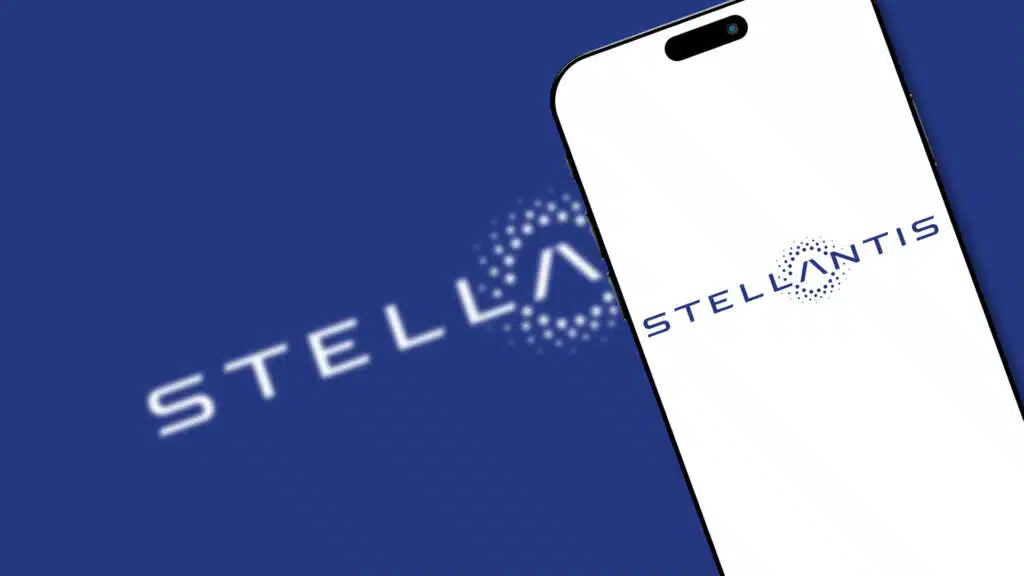T-Mobile is making some key organizational changes to its executive team in hopes of migrating some of its “un-carrier” energy and customer service expertise from its consumer division to its enterprise group.
The operator announced earlier this month that Callie Field, who previously was the company’s chief customer experience officer, will become president of T-Mobile Business Group. Mike Katz, who oversaw the T-Mobile Business Group, will become chief marketing officer, and Jon Freier, who heads up the company’s consumer business, will also oversee the customer care organization.
Peter Osvaldik, T-Mobile’s chief financial officer, told investors during the Deutsche Bank Media, Internet & Telecom Conference in Palm Beach, Florida, that Field will be bringing her customer care leadership to the enterprise group, which is in the midst of a revamp. “She is bringing her customer care energy to the T-Mobile business group,” Osvaldik said.
He added that the enterprise wireless business is ripe for disruption and re-invention, and it is time for the company to bring its “un-carrier” philosophy to the enterprise market. In 2013, T-Mobile first started calling itself the “un-carrier,” and set about disrupting some of the traditional wireless operator business models by offering unlimited airtime and data without charging overage fees, and providing a more customer-first approach.
The “un-carrier” mantra resonated with consumers, and in 2018 T-Mobile revamped its customer care organization by eliminating the standard interactive voice response (IVR) system that most companies use to route customers to the proper representative, and instead created a “team of experts” that were dedicated to handling all customer care issues in a specific region or market. These teams, which typically consisted of about 40 representatives, received calls from customers. In addition, customers were able to schedule appointments with their designated customer service representatives.
This approach resulted in T-Mobile’s Net Promoter Score (NPS), a metric used to measure loyalty of customers to a company, to rise dramatically. NPS scores are measured with a single-question survey and reported with a number in the range of -100 to +100. In 2019, T-Mobile received an NPS of 82—the company’s highest score ever.
But T-Mobile still faces fierce competition from other wireless operators. According to a 2020 report from Analysys Mason on customer satisfaction with mobile operators in Europe and the US, customer service is a real differentiator for some operators, and T-Mobile likely benefited initially from its novel approach to customer service. “The strongest single predictor of willingness to promote is customer service satisfaction,” the report said. “Customer service is proving to be a real differentiator for some operators (such as T-Mobile USA).”
But mobile network coverage and data speeds also play a role in NPS scores, which is likely why Verizon ended up surpassing T-Mobile’s NPS score in 2020. “Network performance plays a major role in overall customer satisfaction,” the report said. “It continues to act as a major market dynamic in both Turkey and the USA.”
Enterprise Revamp
In the US, AT&T and Verizon have largely dominated the enterprise segment. However, in 2021 T-Mobile set a goal of doubling its enterprise market share from less than 10% to 20% in the next five years.
Osvaldik said that the company believes it can deliver a differentiated experience to enterprises and government users, noting that many enterprises still purchase buckets of airtime from mobile operators and hire a third party to manage all their wireless services so they don’t have to worry about overages. Enterprises also purchase devices differently, too.
Both these processes seem ripe for change, which is something that T-Mobile is considering.
The company in late 2021 scored a big enterprise contract with Alaska Airlines. The airline selected T-Mobile as its preferred wireless provider, and said that it will be migrating the majority of its mobility business, including data lines and voice lines to T-Mobile.
Osvaldik said that there are many types of connectivity needs that airlines require that help them service airlines more quickly and also make sure departures and arrivals are on schedule. “Enterprises are not just about finite phone connections,” he said. “They are about incremental services.”
Author Information
Sue is a Denver-based freelance technology journalist, editor and analyst with expertise writing about topics like 5G communications, cloud-native networking, edge computing, and more. She can cut through industry jargon and explain complex technology concepts to both non-engineers and business decision makers.
Previously she had served as the editor-in-chief at SDxCentral, covering news and information related to the software defined networking market. Before that, she served as the editor-in-chief of FierceWireless, which covers cellular, satellite and other telecommunications technologies and markets.
As an expert in her covered areas, Sue is a frequent speaker at technology industry events and has moderated panels for the Consumer Electronics Show, the Competitive Carriers’ Show, The Wireless Infrastructure Show, 5G North America, DC 5G, Interop, and more.
Sue Holds a Bachelor of Science in Journalism from University of Colorado, Boulder.






